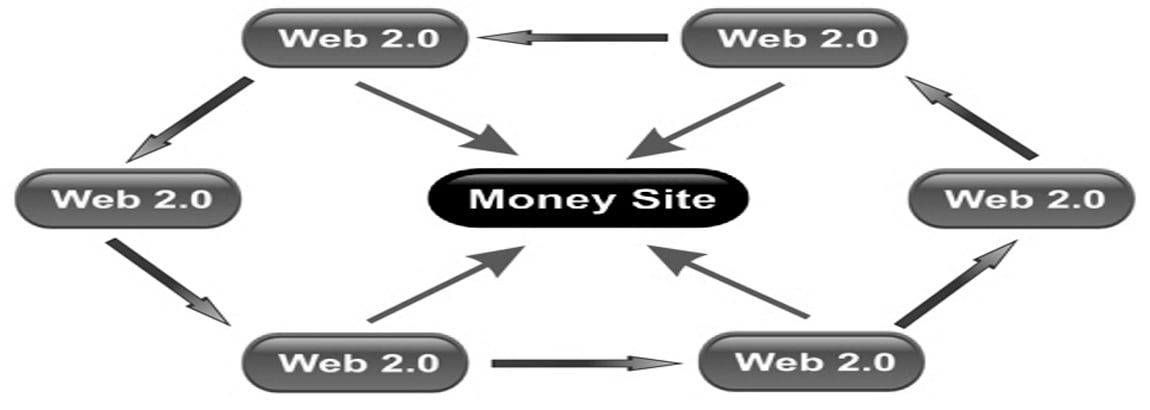Why You Need A Local/ Exact Match Domain Strategy Pt 1
Whether your business is operating in one of the more aggressive spaces, or somewhere where the field’s a little thinner, it’s almost certain that you’re going to have competitors. Sure, most of them will be friendly, working on the basis of them doing their thing and letting you do yours, but from time to time, you find that the gloves can come off in even the friendliest of marketplaces. Every now and then, there will be people who don’t just want to win by being better than you, they want to destroy you.
There are a lot of ways this can be done. Whether it’s through this week’s hot new thing to panic about – “negative SEO”, something as childish as “negative PR”, or in other ways, there will always be someone thinking of a way that they can bring you down. I was thinking about this with one of my clients the other day and noticed they were wide open if their competition decided that they were going to take this approach. This is going to be a two part post; today, I’m going to talk a little bit about why you need a local and/ or exact match/ brand domain strategy and some of the things that can happen if you’re not paying attention and the next one will tell you what you should be doing about it and giving you some tips to help you get by.
A Note About Exact Match Domains

For example, if I owned roastchicken.co.uk, it would probably rank very well for the term “Roast Chicken” with significantly less effort than would be needed to rank another domain. For less competitive keywords, they’re an even quicker route to rankings and, if you manage to find the right niche, they can be a quick road to a healthy amount of revenue for minimal effort. Nice, right? Not if it’s your business that’s losing traffic because of it.
When doing your keyword research, keep an eye out for available domains for those keywords. If the traffic’s worth taking, someone will come along and buy it and before you know it, that’s another tough competitor you’ve got to take down.
What Is Brandjacking?
Brandjacking is a phrase I thought I’d coined until I Googled it (don’t you hate it when that happens?), but its “official” definition is the same as the one that I’d come up with, so we’ll call it even. Basically, it’s similar to “cybersquatting”, whereby someone gets hold of a domain someone else wants and won’t give it to them without their terms being met. Sometimes, this can have hilarious results (B3ta once bought a .co.uk domain when someone else bought a .com and put up a flash video of them sticking their fingers up at them singing “We’ve got your name”), whereas other times, it can cause all kinds of horrors.
Say, for example, your business has a number of locations throughout the country, some of which get searched for quite a lot. Chances are, the location page on your site is going to rank pretty well for these terms, so all should be right with the world. But what if you’re in a nicely trafficked space where sites can make quite a bit of money off of affiliate sales or AdSense – if there’s an brand + location domain available, someone can buy it, pop a bit of content on it, drop a couple of links here and there and probably outrank you, taking a nice slice of your traffic and probably making a pretty decent return from advertising.

So What Can I Do About It?
That’s another post for another time, I’m afraid. I’m thinking I might start breaking my usual behemoth posts into smaller ones since it appears that I am completely incapable of brevity.
Subscribe to my RSS feed, follow me on Twitter or sign up for free email updates to be alerted of the next exciting instalment. Have a good day.



